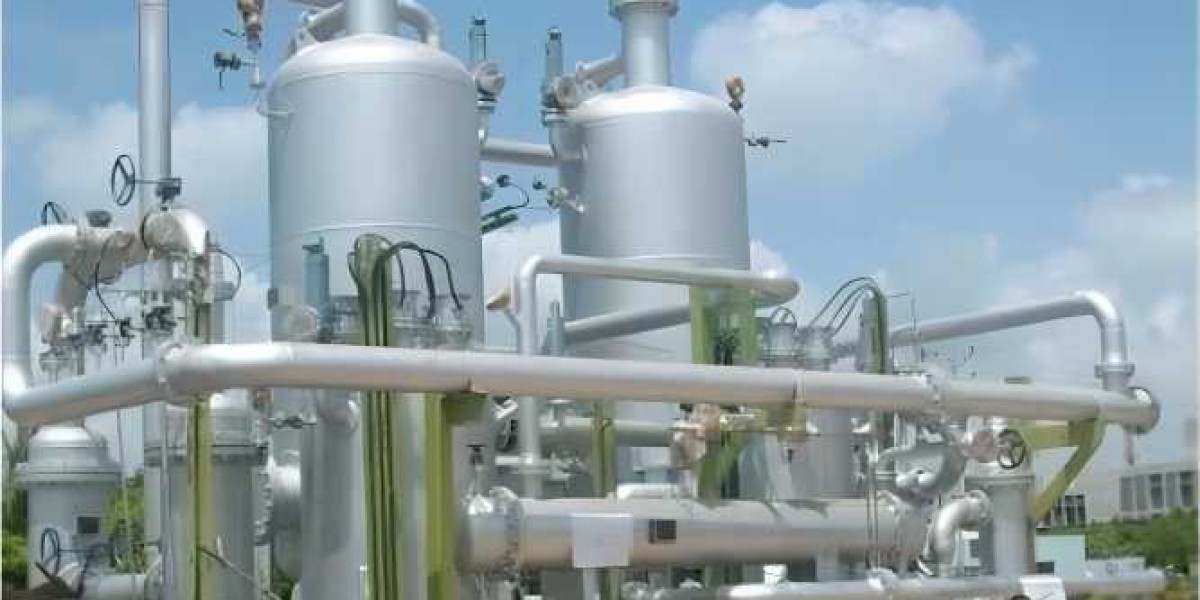Waste oil - the dark, viscous residue left behind after lubricating engines and machinery - often ends up as an environmental burden. Spilled or improperly disposed of, it can contaminate soil and water, posing a threat to ecosystems and human health. But what if we could transform this waste into a valuable resource? Enter waste oil distillation, a process with the potential to turn used oil into a range of useful products, from recycled fuel to industrial lubricants.
The Distillation Process: Unraveling the Mystery
Waste oil distillation is essentially a separation technique. The oil is heated to high temperatures, causing its various components to vaporize at different rates. Lighter components, like gasoline and diesel, evaporate first, followed by heavier fractions like lubricating oils. These vapors are then condensed and collected, resulting in distinct fractions with unique properties.
The specific setup and technology used in waste oil distillation can vary depending on the desired output and the capacity of the operation. Some common methods include:
· Batch Distillation: This involves heating the oil in a closed container and collecting the vapors as they condense. It's a simpler process, suitable for smaller-scale operations.
· Continuous Distillation: Here, the oil continuously flows through a heated column, with different fractions being collected at various points. This method is more efficient and suited for larger-scale processing.
· Vacuum Distillation: This technique reduces the pressure inside the distillation vessel, allowing for lower evaporation temperatures. This is particularly useful for recovering heavier fractions that would otherwise decompose at high temperatures.
The Benefits of Reusing Waste Oil:
Waste oil distillation offers a multitude of benefits:
· Environmental Protection: By diverting waste oil from landfills and preventing improper disposal, distillation significantly reduces environmental pollution.
· Resource Recovery: The process transforms waste into valuable products, conserving virgin resources and reducing reliance on fossil fuels.
· Energy Savings: Recycled fuel derived from waste oil can be used in various applications, saving energy and reducing greenhouse gas emissions.
· Economic Advantages: The creation of new products from waste oil creates jobs and stimulates the circular economy.
Challenges and Considerations:
While waste oil distillation offers significant potential, it's important to acknowledge the challenges involved:
· Complexity of the Process: Setting up and operating a distillation plant requires expertise and proper equipment, making it a less accessible option for small-scale operations.
· Safety Concerns: The high temperatures and flammable materials involved necessitate strict safety protocols and adherence to regulations.
· Contamination Issues: Waste oil can be contaminated with various impurities, which can affect the quality of the final products and require additional treatment steps.
The Future of Waste Oil Distillation:
Advancements in technology and growing awareness of environmental concerns are driving the development of more efficient and sustainable waste oil distillation processes. Research is ongoing in areas like:
· Improved separation techniques: Developing new methods to separate complex mixtures of contaminants and recover valuable fractions more efficiently.
· Cleaner technologies: Exploring alternative heating sources and cleaner catalysts to reduce the environmental footprint of the process.
· Integration with other technologies: Combining distillation with other processes like pyrolysis or hydrogenation to further expand the range of products that can be recovered from waste oil.
In conclusion, waste oil distillation represents a promising technology for transforming a waste product into a valuable resource. By addressing the challenges and embracing innovation, we can harness the potential of this process to create a more sustainable future where waste is minimized and resources are used efficiently.








